Beyond the F-Bomb: Getting to the Heart of Why Content Marketing Is Broken
Today, our CMO launches a book with a title so bold his kids can’t read it—F#ck Content Marketing: Focus on Content Experience to Drive Demand, Revenue & Relationships.
As Senior Content Marketing Manager at Uberflip, I’m sure people would expect me to hate this title. I mean, at first glance it appears as though Randy is saying “f#ck it” to the very job he’s hired me to do. And to be fair, when Randy sent me (and the rest of the marketing team) the blog post that inspired this book in early 2018, that’s exactly how I felt.
Maybe he doesn’t value content marketing? Not true. Maybe he doesn’t get what content marketers really do? It’s not that either. Maybe he thinks content marketing is antiquated even though it’s a mere decade old? We’re getting closer.
Because of who I am as a person, I took the opportunity to express my concern. Despite the value of the point he would arrive at in the blog post (and later this book), there was certainly going to be some backlash to putting such a bold message out into the world. People were going to be offended. I mean, I was offended. (See my actual reaction below 😬)
I would soon be proven wrong.
From F#ck It to Let’s Fix It
Over the entirety of last year, we put “F#ck Content Marketing” on our booth and took it to every trade show that would allow us to use it. We put it on T-shirts. Heck, we even put it on bumper stickers (that we never actually used). But those three little words were very much a part of our branding. And to my surprise, people’s feathers remained unruffled. If anything, the message resonated with people. It’s that bold thinking that won Randy a spot in Marketo’s Fearless 50. Soon our social media manager was inundated with pics and comments from marketers who couldn’t get enough.
People connected with what Randy was saying. I mean, why else would you take pictures and share this message with your followers? Could it be they too felt traditional content marketing was letting marketing teams down? That it was broken? And if it’s broken, then as Randy would say, “F#ck it!” or as I like to say, “Let’s fix it!”
In his book, Randy discusses why he has taken such a bold stance against traditional content marketing. And I want to put it in relative terms for all the content and demand gen marketers out there who may be on the fence about picking up a copy.
He’s not saying content marketing isn’t important. He’s saying it only gets you so far.
Content drives all that we do as marketers and is integral to the sales process. But the old way of doing things—being brand publishers, cranking out piece after piece of content, ebook after ebook—only gets you so far. It does amazing things for your vanity metrics, but if you want to prove the value of content to your larger organization, and attribute content to pipeline, revenue, and decreased sales cycles, then the old way of doing things won’t cut it.
He’s not saying traffic doesn’t matter. He’s saying more than eyeballs we need engagement.
What good are views and traffic if your content isn’t optimized for the next step? Marketing teams spend tens of thousands of dollars promoting content through ads and third-party content distribution networks without really focusing on what the experience around that content entails. Are we locking our visitors in? Are we compelling them to engage? Do we understand how to do that?
He’s not saying content creation isn’t instrumental. It is, but if that’s all you’re doing, then you’re doing it wrong.
Creating content with a subpar experience won’t give you the result you want. If we’re going to be accountable for the content we create, and responsible for meeting lead and MQL goals, we need more control. Being on the hook for how our content performs means we need to take an active role in optimizing the environment for conversion, building engagement paths, and doing all that we can to position sales as a trusted advisor. We need to focus on the content experience.
He’s not saying anyone should do this alone. Instead, marketing teams and organizations need to step up to fix the problem.
Content marketing is an organizational undertaking. It’s not just for the content marketers, brand storytellers, and freelance writers on the company payroll. Content marketing is marketing. Or more specifically, it’s marketing with content. It’s the experience we create around the content we produce that drives prospects to convert, customers to renew, and real relationships to form. And everyone has a role to play in that. Am I right?
If you’re like me, trying to find as many opportunities as possible to prove the value of the work that you do and make a measurable impact to the business beyond the scope of tried-and-true tactics, then pick up this book. Read this book; re-read this book; get your boss to read this book.
It’ll put you on the path to change. And I promise you it’s for the better.
Listen to Randy explain himself here:
